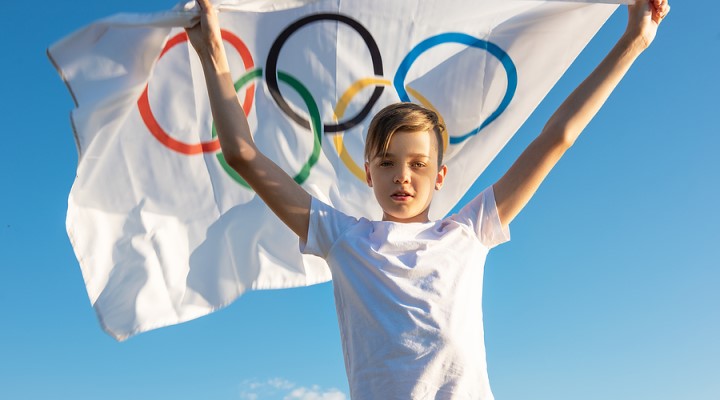What can the Olympics teach us about leadership?
I believe what leadership and athletes have in common is high performance. Furthermore, what most people describe as high performance is in fact just strong performance consistently achieved.
But high performance isn’t just finishing the race by applying the basics well. It’s also about improving the precision, performance and focus required to increase efficiency, improve success and keep things error-free. And we can learn the same leadership lessons.
As a former triathlete and New Zealand national hockey player, these are the four areas I know high-performance athletes excel at and review constantly.
Energy Management
Energy management is an athlete’s number one currency. And just like athletes, small-business owners need stamina, precision and focus to achieve success.
It starts with applying the four fundamentals required for high performance: exercise daily, fuel your body with the right food, free your mind, and recover with purpose.
In sports, high-performance athletes are meticulous in their approach to energy management. They schedule their energy and recovery on a daily, weekly, monthly, yearly and career basis to sustain high performance and inner drive.
Good leaders must also schedule recovery time from the daily demands of their roles. Scheduling rest also makes you a good example to your team in terms of taking adequate leave.
Mindset
High performers are known for their productivity, precision, drive and focus.
It starts with a clarity of vision. When Michael Phelps was 12 years old, he visualised standing on the Olympic podium with a gold medal around his neck. As a 19-year-old, at Athens in 2004, Phelps won six gold and two bronze.
When you have clarity on your vision, you say no instead of yes. You say no to everyone that will prevent you from achieving your goal. You naturally form a disciplined mind, knowing that complacency and lack of drive leads to errors and mistakes.
A high-performing small-business leader also needs to be adaptable to changing conditions. It’s like a Tour de France rider dealing with changing terrain, road surfaces and weather conditions: a disciplined mind needs both focus and adaptability.
Teamwork
Effective teamwork in sport ultimately determines a team’s success or failure. Similarly, teamwork in business is vital to your success. Meticulous planning, checklists, tight feedback loops, practice and communication are required to deliver.
I was fortunate to be part of one of New Zealand’s best sports team in the 1990s, the Stratford Premiere Men’s Field Hockey Team, who went unbeaten for 272 games. That’s right… 16 years without a loss. It might be a world-record unbeaten sports streak. What’s even more impressive is the team only lost once in 21 years.
To deliver sustainable high performance over a long period of time this team had to:
1. Share their vision – they collectively wanted to excel and win;
2. Focus on seamless teamwork, with a collaborative and competitive mindset; and
3. Be disciplined – each member of the team knew when to lead and when to follow.
Performance monitoring
The biggest difference between sport and business is the level of performance monitoring.
High-performance athletes have a tight feedback loop they apply to their performance. They are always focussed on how they can receive high-quality feedback in real time. They know that constant growth minimises success or failure.
No successful athlete does it on their own. They surround themselves with people and technology who can monitor, tweak and enhance their performance.
And just like Olympic athletes need good leaders, small-business owners need good support teams who understand their vision and can help them achieve it.








